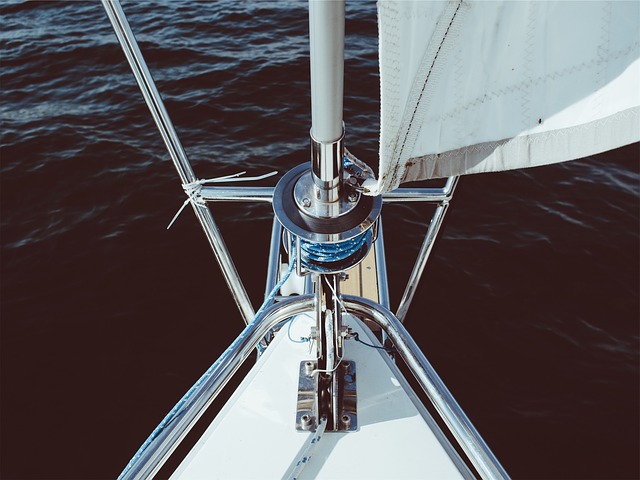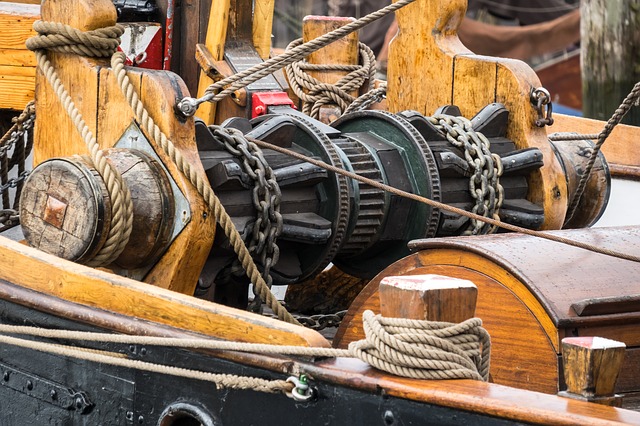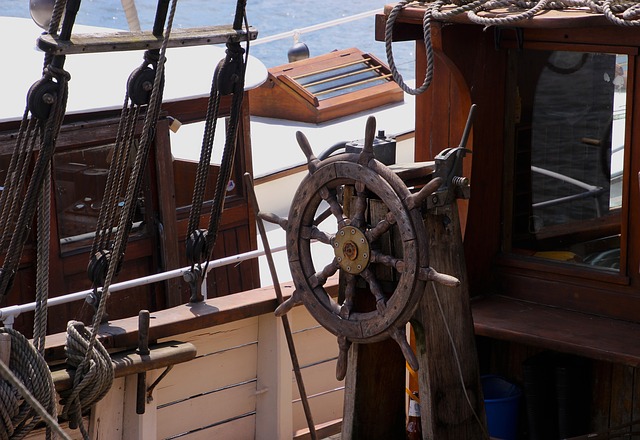A winch is one of the most useful devices, especially for the people who are fond of off-roading as it helps them to get out of serious situations when they get stuck in the middle of a pool of mud. A winch is a device on which a rope or cable is wrapped, and it rotates to pull or unwrap the cable. Winches are usually mounted on the front part of the vehicles so that it could be used to pull out the vehicle in case of any emergency. There are different types of winches, and each one of them offers a different amount of power and efficiency.

A winch is based on a pulley mechanism that is used to pull heavy objects easily. A winch can be used for various purposes, but some of the most common uses of it are towing vehicles, off-roading, pulling heavy anchors on ships and boats, etc. There are umpteen types of winches, and each one of them is used for varying purposes. So, if you are planning to buy a winch, you must do it considering your needs and requirements, and for a better idea, you can read these reviews. There are some tips that can help you a lot in buying the best winch.
Some of the most useful guidelines to follow while buying a winch
Type of vehicle
Most of the time, winches are used on a vehicle for various purposes, and if you are buying it for your vehicle, then you must choose the winch that is most appropriate for your vehicle. Every vehicle has different dimensions, designs, and body types, and you should choose a winch for it, considering all the factors. The first and most important thing to consider is the weight of your vehicle as the power of the winch must be more than the weight of your vehicle. If its power is less than the eight of the vehicle, it won’t be able to pull your vehicle. So, you must check the weight of your vehicle first and then, according to it, buy an appropriate winch for it.
Number of passengers
You must consider that passenger space in the vehicle as it will also add up to the weight of the vehicle. The weight of passengers in the vehicle should also be counted while choosing the power of a winch. You should also consider the incline that your vehicle may have to face and, according to it, decide the pulling rate of the winch you want to purchase.

Mounting
The winches need to be mounted somewhere on the vehicle, and you should consider it while buying a winch for your vehicle. A winch can either be mounted on the front of the vehicle or in the middle or at the rear part. It depends on the types of the winch as some winches such as hydraulic winches can only be mounted at the front of the vehicle, so if you want the winch at the back of your vehicle, then you must avoid buying any hydraulic winch. There are some familiar places in the vehicle where you can mount your winch, and some of them are;
At the front- The first and most common place to mount the winch is at the front of the vehicle as it is highly convenient and gives some protection to your car. It also enhances the look of your vehicle and makes it easy to pull the car in the case of an emergency.
Secret place- It can be any place where the winch remains hidden, and it can be either under the bumper or anywhere else. Mounting the winch at such a place is quite beneficial as it also allows you to use the winch properly, and at the same time, it also doesn’t affect the look and appearance of your vehicle.
Ropes and cables
The rope and cable are the most important component of a winch as it is used to pull the vehicle, so it must be strong and durable. There are two basic types of cables used in winches; synthetic cables and steel cables. Commonly people use steel cables as they are more durable and offer great strength. The steel cables also have some downfalls as it may suffer from corrosion, and in case it breaks, it might cause some serious injuries as steel is quite heavy and can harm the owner.

The risks related to steel cables are the primary reasons why people are now turning towards synthetic cables as they are lightweight and easy to use. They are safer than steel cables as even if they break, they won’t cause any injury. The lightweight of synthetic cables, add ups to their strength and makes them stronger than steel cables. But there are a downfall fro synthetic cables that unlike the steel cables, they may get damaged when rubbed against hard rocks.

